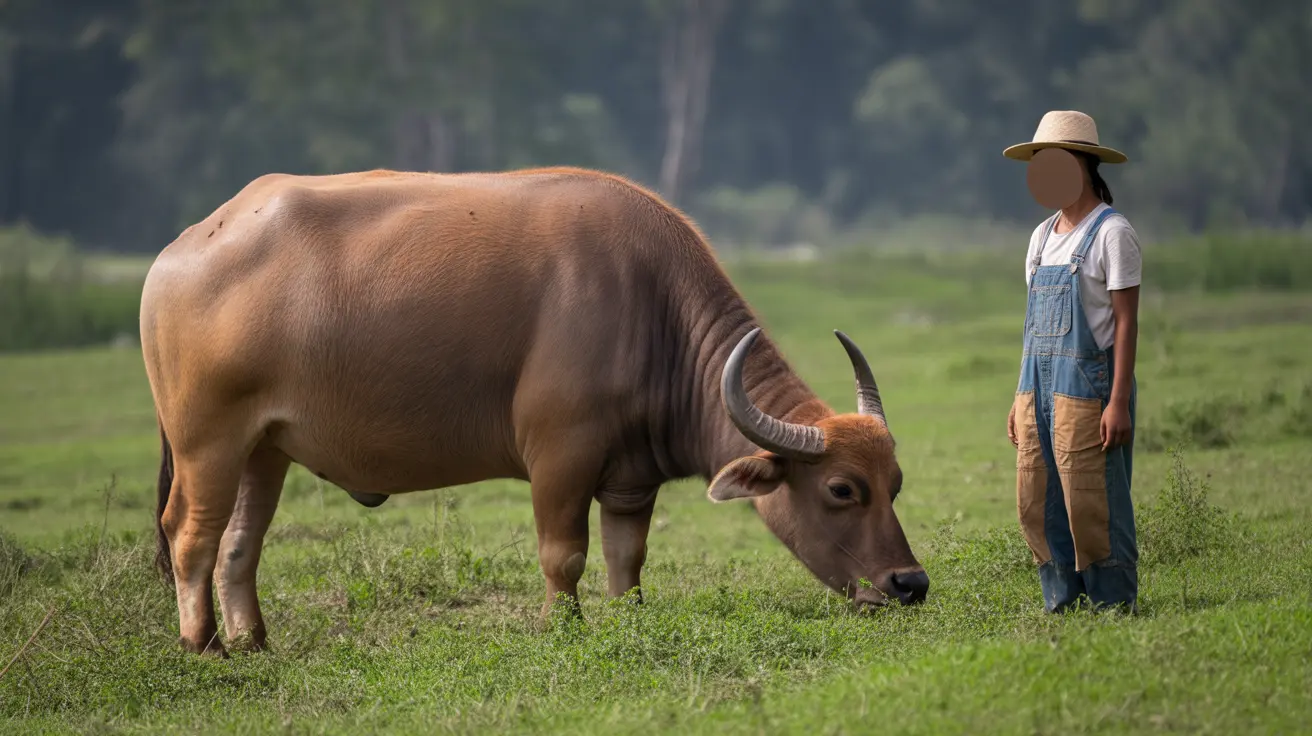Meats You Should Never Feed Your Dog: A Guide for Pet Owners
Feeding your dog a nutritious and balanced diet is essential to ensuring its long-term health and happiness. While meats are a valuable source of protein, not all are safe for canine consumption. In fact, some types of meat can be downright dangerous. So,
what is the one meat that you should never feed your dog? It's any meat that contains seasonings such as garlic and onions.
Why Are Some Meats Unsafe for Dogs?
While plain, cooked meats like chicken, beef, and turkey can be excellent additions to a dog’s diet, problems arise when these meats are seasoned or prepared with ingredients that are harmful to dogs. Garlic and onions, in particular, are highly toxic.
Garlic and onion toxicity can lead to severe health consequences in dogs, including gastrointestinal upset, oxidative damage to red blood cells, and even life-threatening anemia.
The Dangers of Garlic and Onion in Meat
Both garlic and onions belong to the Allium family. Their toxic compounds can accumulate in a dog's system over time or cause acute poisoning depending on the amount consumed.
- Hemolytic anemia: A condition where red blood cells are destroyed faster than they can be produced.
- Gastrointestinal symptoms: Vomiting, diarrhea, loss of appetite, and abdominal pain.
- Weakness and lethargy: Dogs may appear listless or unwilling to engage in physical activity.
Even small amounts can be dangerous, especially in smaller breeds.
Common Meat Preparations to Avoid
Be cautious of meats frequently consumed by humans but potentially toxic to dogs, including:
- Leftover meat from pasta sauces or stir-fries that often include onion or garlic as a base.
- Luncheon meats and deli cuts, which are often high in sodium and preservatives and may contain onion or garlic powder.
- Cilantro-seasoned meats: While cilantro itself is safe in small amounts, dishes like cilantro lime chicken can contain garlic, onion, or rich oils.
Nutrition vs. Danger: Making Smart Choices
A well-balanced dog food already includes all the nutrients your pet needs. Yet, many owners like to supplement meals with fresh ingredients. If you do offer meat to your dog, it should be:
- Plain — no spices, marinades, or sauces.
- Cooked thoroughly — avoid raw meat unless advised by your vet.
- Boneless — bones can splinter and cause internal injury.
- Fat-trimmed — excess fat can lead to pancreatitis.
Other Toxic Ingredients Often Found in Meats
Some mezzes and meals may contain a mix of ingredients harmful to dogs:
- Garlic and onion powder: Found in sausages, meatloaf, or flavored jerky.
- Salt and butter: High sodium and fat levels can lead to dehydration and pancreatitis.
- Alcohol-based marinades or sauces: Alcohol, in any amount, is toxic to dogs.
Cilantro and Meats: A Special Case
Cilantro itself is
safe for dogs in moderation and may even offer minor nutritional benefits. However, many dishes featuring cilantro — such as cilantro lime chicken or seasoned tacos — often contain unsafe ingredients like garlic, onions, limes (in large quantities), and rich oils.
To safely include cilantro:
- Wash thoroughly to remove pesticides.
- Chop finely and add only a pinch per meal.
- Use only fresh leaves, avoid seasoned dressings or dishes.
Safe Choices for Meat Alternatives
If you're looking for protein-rich options for your dog, consider the following safe meats:
- Boiled chicken breast
- Cooked lean turkey
- Cooked fish like salmon or cod — be sure to remove all bones
- Lean beef, cooked and unseasoned
Avoid using herbs or oils unless confirmed safe by your vet. Always introduce new meats slowly and in moderation.
Signs of Toxicity to Watch For
If your dog has consumed seasoned meat or food containing garlic or onions, watch out for:
- Excessive drooling
- Vomiting and diarrhea
- Rapid breathing or lethargy
- Pale gums
Seek veterinary attention immediately if these symptoms occur.
Conclusion
To answer the question directly:
the one meat you should never feed your dog is any meat seasoned with garlic or onions. While meat itself is not typically toxic, it's the hidden ingredients and seasonings that make it dangerous.
Be a vigilant pet owner. Read labels, avoid table scraps, and feed only what’s known to be safe. Your dog depends on you to keep their diet free of harmful substances.





